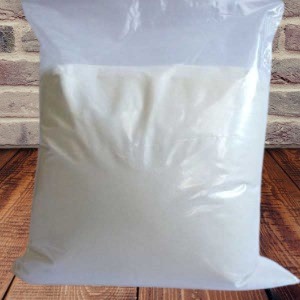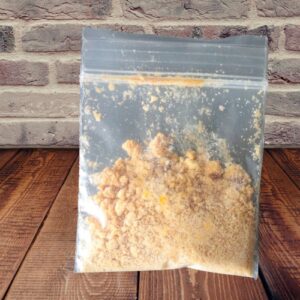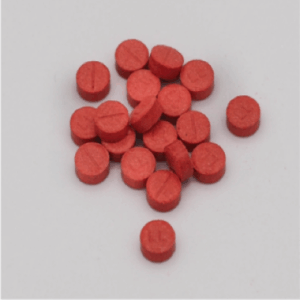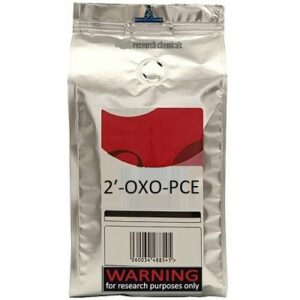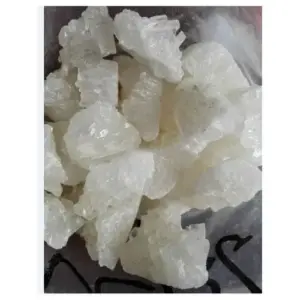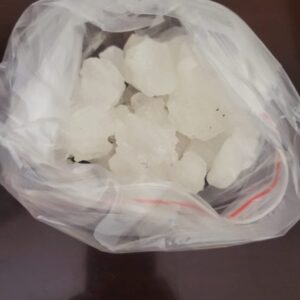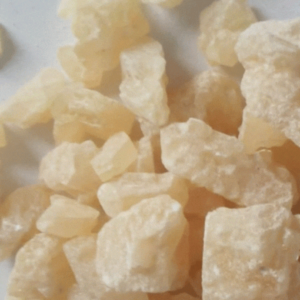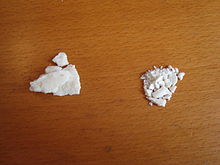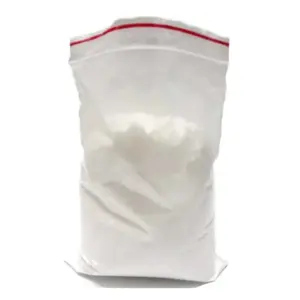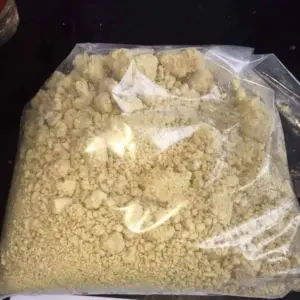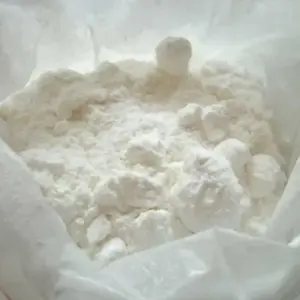Research Chem
Research chemicals are commonly classified as synthetic drugs for legal and regulatory purposes. Synthetics are a broad grouping of drugs which include MDMA (ecstasy), ketamine, synthetic cathinones (bath salts), and synthetic cannabinoids (Spice and K2).
Buy Research Chemicals Online: A Comprehensive Guide for Safe and Informed Procurement
Research chemicals are unique substances for scientific study and lab work. They help scientists explore new ideas, test theories, and make discoveries. Using them right, and getting them from good places is super important. It keeps your work safe and trustworthy.
More and more, people are looking to buy research chemicals online. Why? It’s easy, and you can find a bigger selection. But this convenience comes with a big warning: you must be careful. Not all online sellers are the same. Some might not sell good stuff, or they might not follow the rules.
This guide will walk you through how to safely and smartly buy research chemicals online. We will cover everything from picking the best seller to understanding the rules. We will help you make choices that are both safe and smart.
Understanding Research Chemicals: Definitions and Applications
What are Research Chemicals?
Research chemicals are compounds meant mostly for scientific testing and study. They are not for human use, like medicine, and are separate from street drugs. Often, these chemicals are new compounds that scientists are just beginning to learn about. They might also be known chemicals used in fresh ways for lab tests.
Common Applications in Scientific Research
You can find research chemicals used in many areas of science. They play a big role in figuring out new things. For example, in pharmacology, they help discover and test new drugs. Researchers use them to see how well a new medicine works before it goes to people.
In neuroscience, these chemicals help us understand the brain. They can lead to new treatments for brain sicknesses or mental health issues. Materials science also uses them to make new plastics, special glues, or better materials for industry. And in analytical chemistry, they are key for making sure lab tools are correct and for testing samples accurately.
Regulatory Status and Classification
The laws about research chemicals can change a lot depending on where you are. What’s allowed in one place might be against the law in another. Often, the term “research chemical” tries to get around strict rules. But many of these compounds can still be illegal or controlled substances if misused. It is important to know your local laws before you buy.
Identifying Reputable Online Vendors for Research Chemicals
Due Diligence: Essential Checks Before Purchasing
Finding a good online seller for research chemicals means doing a little homework. You want to be sure you are buying from a trusted source. How can you tell if a vendor is reliable?
First, check their website. Does it look professional? Is it easy to find their contact info, like an email or phone number? Do they give full details about each product? A good site will also have safe ways to pay. Also, look up customer reviews.
What are others saying about them? Search on science forums or special chemical sites. Happy customers often mean a good vendor. Finally, the best sellers often share third-party test results. They might show a Certificate of Analysis (CoA) to prove their product’s purity. This shows they are serious about quality.
Vendor Reputation and Industry Standing
How long has a vendor been around? A company with many years in business usually means they are stable and trusted. Do they work with any science groups or organisations? This can be a sign of their standing in the scientific world. You might also find them listed in well-known chemical supply guides. These things help show if a vendor is truly reputable.
Security of Transactions and Data Privacy
Keeping your money and personal info safe online is very important. Make sure the website uses SSL certificates. You can usually see a small lock icon in your browser’s address bar.
This means your connection is secure. Also, check that they use safe payment methods. Do they have a clear privacy policy? This policy should tell you how they handle your data. You want to know your information is protected.
Key Considerations When Ordering Research Chemicals
Product Quality and Purity
When doing scientific work, the quality of your chemicals is everything. If your chemicals are not pure, your results might be wrong. Always ask for a Certificate of Analysis (CoA).
What should you look for on a CoA? Check the purity percentage. Look for the methods they used to test it. There should also be a batch number. This number helps track the chemical’s origin. Using impure or wrongly labelled chemicals can mess up your entire project. It can even be dangerous.
Packaging and Shipping Practices
Good packaging is vital for safe delivery and keeping chemicals fresh. Chemicals often need special handling. Is the package discrete? Some chemicals are sensitive to light or heat.
Good vendors use proper materials to protect them. They also make sure the package is handled at the right temperature during shipping. Sellers must follow the rules for sending chemicals. This keeps everyone safe and makes sure your order arrives in good shape.
Customer Service and Technical Support
Imagine you have a question about a product. Can you get a quick answer? Good customer service is key. You want a vendor who can answer technical questions about their chemicals.
They should reply quickly if you have questions about your order. What if something goes wrong? A clear return or refund policy makes things easy. Responsive support builds trust.
Legal and Ethical Implications of Purchasing Research Chemicals
Understanding Legal Frameworks
The laws around owning certain research chemicals can vary wildly by place. What is fine to buy in one country may be illegal just across the border. You must know the laws in your specific area. Always check before you buy. This helps you avoid legal trouble.
Intended Use and Misuse
Research chemicals are strictly for real science. They are not for personal use or for making illegal substances. Researchers have a moral duty to use these chemicals properly. Misusing them is dangerous and can lead to serious problems. Never use them for anything other than approved lab work.
Import/Export Regulations
If you are buying chemicals from another country, be aware. Shipping chemicals across borders has its own set of rules. Always check the customs laws for both the country sending the chemical and your own country. Doing this helps stop your order from getting stuck or seized.
Best Practices for Safe Handling and Storage
Personal Protective Equipment (PPE)
When you work with research chemicals, safety comes first. Always use personal protective equipment (PPE). This means wearing gloves, like nitrile or latex, to protect your hands. Safety glasses or goggles are a must to shield your eyes from splashes. A lab coat keeps chemicals off your clothes and skin. For some chemicals, you might need a respirator to protect your lungs.
Laboratory Safety Protocols
Your lab should have clear safety rules. Always work in a well-ventilated space or under a fume hood. This keeps bad fumes away. Every container of chemicals needs a clear label.
This label tells you what is inside and what risks it has. Learn how to get rid of chemical waste safely. Know what to do if a spill happens or if someone gets chemicals on them. Preparedness saves lives.
Proper Storage Conditions
Storing chemicals the right way keeps them stable and safe. Some need a cool, dry spot. Others need to stay out of the light and air. Always store chemicals apart from ones that might react badly with each other. Knowing how to store each chemical is vital for its safety and your own.
Conclusion: Responsible Sourcing for Scientific Advancement
When you want to buy research chemicals online, safety, quality, and following the law must be your top concerns. Take the time to find a good seller.
Check their reputation and make sure they offer pure products. Always handle and store chemicals correctly. This protects you and your work. By being careful and responsible, you help keep science moving forward.
Showing 1–12 of 137 results
-
Research Chem
4-AcO-DMT
Price range: $ 40,00 through $ 500,00 Select options This product has multiple variants. The options may be chosen on the product page -
Research Chem
5-MeO-DMT
Price range: $ 40,00 through $ 800,00 Select options This product has multiple variants. The options may be chosen on the product page -
Research Chem
Buy 1cP-LSD 150 µg Online
Price range: $ 160,00 through $ 1.600,00 Select options This product has multiple variants. The options may be chosen on the product page -
Research Chem
Buy 2 OXO PCE Powder Online
Price range: $ 180,00 through $ 1.100,00 Select options This product has multiple variants. The options may be chosen on the product page -
Research Chem
Buy 2-a1mp Crystals Online
Price range: $ 225,00 through $ 1.100,00 Select options This product has multiple variants. The options may be chosen on the product page -
Research Chem
Buy 2-Aminoindane 2-AI Crystals Online
Price range: $ 100,00 through $ 2.500,00 Select options This product has multiple variants. The options may be chosen on the product page -
Research Chem
Buy 2-FDCK Ketamine Online
Price range: $ 200,00 through $ 3.200,00 Select options This product has multiple variants. The options may be chosen on the product page -
Research Chem
Buy 2-Fluoromethamphetamine (2-FMA) Online
Price range: $ 120,00 through $ 2.200,00 Select options This product has multiple variants. The options may be chosen on the product page -
Research Chem
Buy 2-ME-MAF Powder Online
Price range: $ 230,00 through $ 3.200,00 Select options This product has multiple variants. The options may be chosen on the product page -
Research Chem
Buy 2C-B-FLY Crystal Powder Online
Price range: $ 330,00 through $ 2.800,00 Select options This product has multiple variants. The options may be chosen on the product page -
Research Chem
Buy 2C-P Powder Online
Price range: $ 260,00 through $ 1.700,00 Select options This product has multiple variants. The options may be chosen on the product page -
Research Chem
Buy 3 4-DMMC Powder Online
Price range: $ 180,00 through $ 1.100,00 Select options This product has multiple variants. The options may be chosen on the product page
